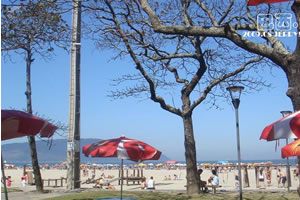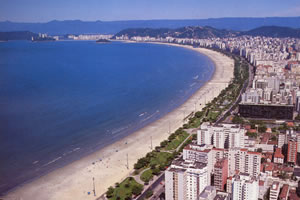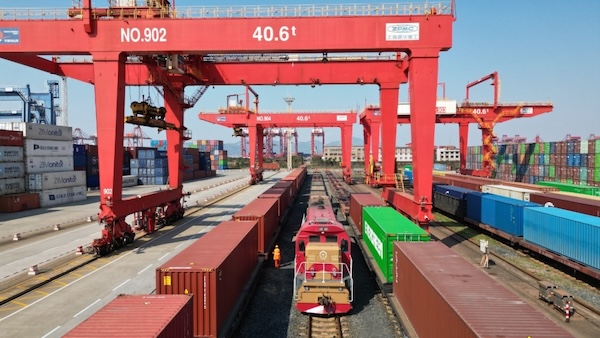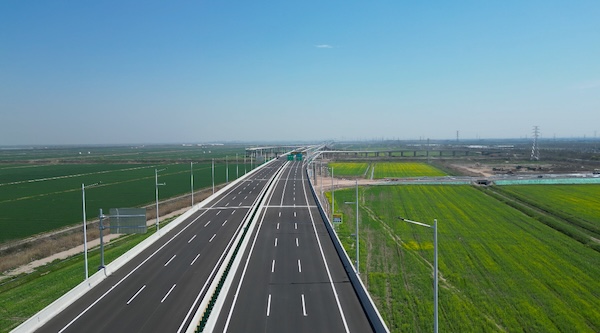Santos, Brazil
Santos, a famous port city in Brazil, is 70 km away from San Paulo, the largest industrial city of Brazil. Covering an area of 474 square kilometers, Santos has a population of 430,000, of which 95 percent inhabit San Vicente Island. The city established sister-city links with Ningbo in Jan 2002.
Santos is a comparatively prosperous city by Brazilian standards, with annual per capita income of $3,000 and a low unemployment rate. It is also the world’s leading port city for exporting coffee.
Owing to its rich environment, tourism resources, beaches and booming nightlife, Santos attracts many visitors every year. The city enjoys a subtropical climate with an annual average temperature of 21.3 C, and a precipitation average of around 2,000 mm.


The Port of Santos has a favorable location, surrounded by the Gulf of Santos to the southeast and the Atlantic Ocean to the northeast. The port is the largest port in South America.
Additionally, it has become the biggest port for exporting coffee, and a transportation hub for Bolivia and Paraguay. With 40 bulk and general cargo docks, 10 oil ports, and several container ports, the port can accommodate 300 ships per month, and is responsible for one-third of Brazil’s exports and two-fifths of its imports. The main exports include coffee, sugar, meat, foodstuffs, cotton, cement and soybeans. Imported products include wheat, machinery, fuels, fertilizer and chemical products.
Recently, Santos Municipal Government has started making a long-term plan to promote the development of the economy and society by appealing for local residents to participate in programs for the city’s development. Meanwhile, the government will devote itself to developing solutions to the modern problems that blight people’s lives. Current government priorities include re-employment, improving incomes, education, environmental protection, housing, health, transportation, public order, security, and tourism.

 Ningbo seabird project seeks international volunteers
Ningbo seabird project seeks international volunteers  Jakub's journey: From shipyard to sea
Jakub's journey: From shipyard to sea  Badminton Asia COO applauds Ningbo
Badminton Asia COO applauds Ningbo 


